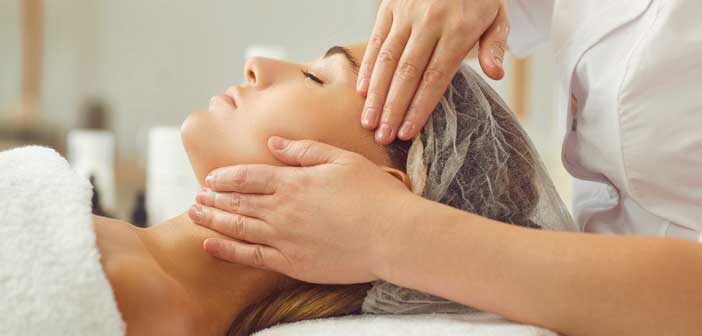Wellness travel has become one of the major trends in tourism over the last decade. In fact, according to Global Wellness Institute data, the wellness tourism market will reach $817 billion in value by the end of the year. By 2025, it is expected to hit $1.3 trillion.
While resorts, big-box hotels and some independents have ramped up their wellness offerings with various spa treatments, fitness classes and myriad massage choices, there are inherent risks involved where their insurance could come into play.
For instance, due to staffing issues, hotels have to outsource wellness positions like masseuses, fitness trainers and nutritionists. Vetting and oversight are the ways properties can limit their liability if guests have an issue where they want to make a claim.
“The biggest risk is the proper management of those people,” said Kim Gore, national hospitality practice leader/chief marketing officer, insurance brokerage HUB International. “If you are outsourcing them, there’s a contract in place and you’re clearly defining expectations and roles. That becomes something that you really have to monitor. You’re treating them like your employees. A guest will not likely know the difference between your employee and a vendor.”
While the contract transfers liability to the outsourced vendor, there’s still going to be a risk transfer of some of that liability, noted Gore.
“What we remind our hotel clients of is when a guest comes into a hotel spa, fitness center, etc., or maybe they’re doing one of the excursions, the hotel is going to be named,” she said. “Even though the transfer may have happened and the [vendor’s] policy may cover our client—the hotelier—for liability, the hotel’s reputation is still on the line. Even though the risk transfer is there, it’s still the hotel that’s front and center.”
Liability waivers for guests to sign can limit liability, and questionnaires can reveal a medical condition the spa therapist or masseuse needs to know about.
“Waivers are extremely important, and every hotel utilizes them for many of the services they provide,” said Gore. “When you start talking wellness, it’s even maybe a step more. A lot of times, the first thing guests do when they come into a spa in a hotel or a resort is they fill out a questionnaire,” said Gore. “You don’t want to provide a service to someone who may have a medical condition. If there’s a heart condition, then maybe they don’t need to take this particular fitness class. Or, if they’re on blood thinners or other medication, maybe they don’t need that deep tissue massage.”
Hub International sends its clients to legal representatives to draw up the waivers; however, that doesn’t mean they’re foolproof. “There could be some issues if the waiver isn’t the right one or maybe an outsourced masseuse was not trained for the procedure they gave,” said Gore, who added, “But, in the general, everyday sense of a risk-management program in a resort or a hotel, waivers and consent-to-treatment forms are adequate.”

Hotels have been outsourcing wellness positions such as masseuse and fitness trainers where liability gets transferred to the third-party vendor.
She pointed out that wellness-focused resorts will likely need additional insurance such as abuse and sexual molestation coverage and, even in some cases, medical malpractice because they offer professional-type services.
“Many of the day spas and hotel spas have stepped over into what could be called mini-medical spas, which may include some Botox treatments, medical pills and microdermabrasion, among other offerings,” said Gore. “Those things are treated differently in insurance. It’s really no different if you’re doing that as a practice and have a med spa down the street—you have to carry those professional liabilities. When you bring that into a resort, you have to bring in those professional liabilities.”
She added, “There has been a lot of allegations around what encompasses a massage—what’s expected of the client and what’s expected of the masseuse. There has to be professionalism and a boundary where if either person feels uncomfortable, there’s a way for them to have management or somebody allow that session to be ended and things to be taken care of in a professional manner.”
If there is a claim of malfeasance, the insurance company then acts to find the truth of the matter.
“Those allegations get made accurately, inaccurately, falsely and, sometimes, with intent to take advantage,” said Gore. “We then investigate, and the truth usually starts making its way out through the investigation.”
Nutrition and the availability of healthy food and beverage offerings is also a form of wellness travel, and the risk for hoteliers comes when guests have an allergic reaction to something they’ve eaten.
“Menus today have a lot more things listed,” said Gore. “They are legally obligated to list, according to their state and municipality, nutrition and allergy type of things. We train, and almost every restaurant and hotel now trains, on asking those type of things. Most people who have allergies immediately tell you that. But, if [an allergic reaction]does happen, then a restaurant or a hotel is going to respond like any other claim. They’re going to take it very seriously.”



